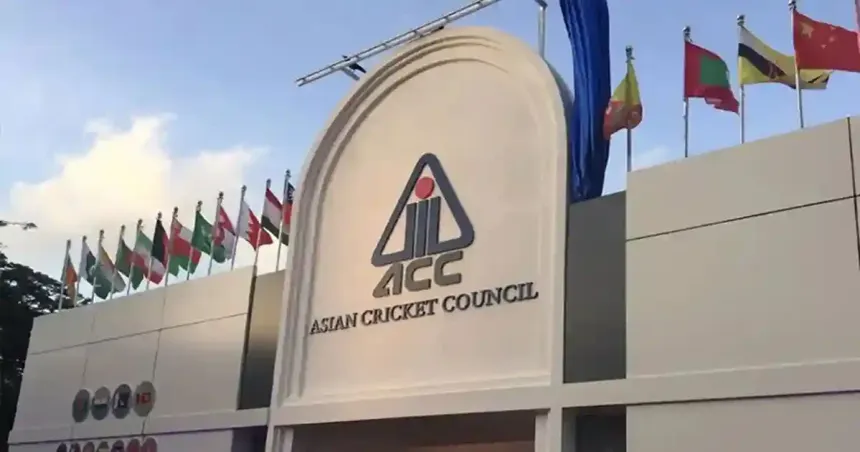
The Asian Cricket Council’s Annual General Meeting (AGM), held on July 24–25 in Dhaka, has moved a step closer to confirming the United Arab Emirates as the host of the Asia Cup 2025. The two-day summit, attended by representatives from all 25 member boards—including the BCCI virtually—was marked by a spirit of cooperation and optimism around Asia’s marquee tournament.
For months, the venue for the 2025 Asia Cup remained uncertain, with logistics, scheduling conflicts, and geopolitical considerations all factoring into the decision-making. However, the tide seems to have turned decisively in favour of the UAE. The Emirates, having successfully hosted past editions of the tournament and several ICC events, remains the most viable neutral venue—especially given India-Pakistan scheduling sensitivities.
BCCI’s virtual participation was a major breakthrough. Represented by vice-president Rajiv Shukla, India’s attendance signaled a willingness to engage and finalise plans—an encouraging sign that the Asia Cup will proceed with all major teams involved. The BCCI had earlier expressed hesitation, but its presence in the virtual discussions indicates alignment on key operational matters, including scheduling and broadcast arrangements.
PCB Chairman and ACC President Mohsin Naqvi chaired the meeting and called it a “positive and constructive” dialogue. He assured that the final decision on the Asia Cup 2025 would be announced shortly, hinting that only formal approvals were pending. Discussions reportedly included grouping formats, potential match venues (Dubai, Sharjah, Abu Dhabi), and the most anticipated India–Pakistan clash, likely to headline the group stage.
Beyond the Asia Cup, the Dhaka AGM also saw productive discussions on the broader ACC calendar for 2025–2026. Member boards greenlit regional development programs aimed at boosting cricketing infrastructure in emerging nations like Mongolia, Uzbekistan, and the Philippines—who were also formally welcomed as new ACC members. This aligns with the ACC’s long-term mission to broaden the sport’s reach across the continent.
Another major topic was the inclusion of cricket in the 2026 Asian Games in Japan. The AGM supported expanding both the men’s and women’s formats to ensure wider participation from associate and full-member nations alike.
The final green light for Asia Cup 2025 in the UAE now rests on a formal announcement expected from the BCCI in the coming days. Once approved, the schedule, match venues, and fixtures will be unveiled—likely setting up a thrilling prelude to the ICC T20 World Cup. The UAE, with its cricket-ready infrastructure and proven hosting capability, is now widely seen as the default home for high-profile, neutral-venue tournaments in Asia.
In conclusion, while the Dhaka meeting stopped short of an official declaration, all signs point to the Asia Cup returning to UAE soil in 2025—with full participation and renewed energy. The successful hosting of this event would not only further strengthen regional cricket ties but also reaffirm the ACC’s role as a stabilising force amid cricket’s shifting political landscape.

